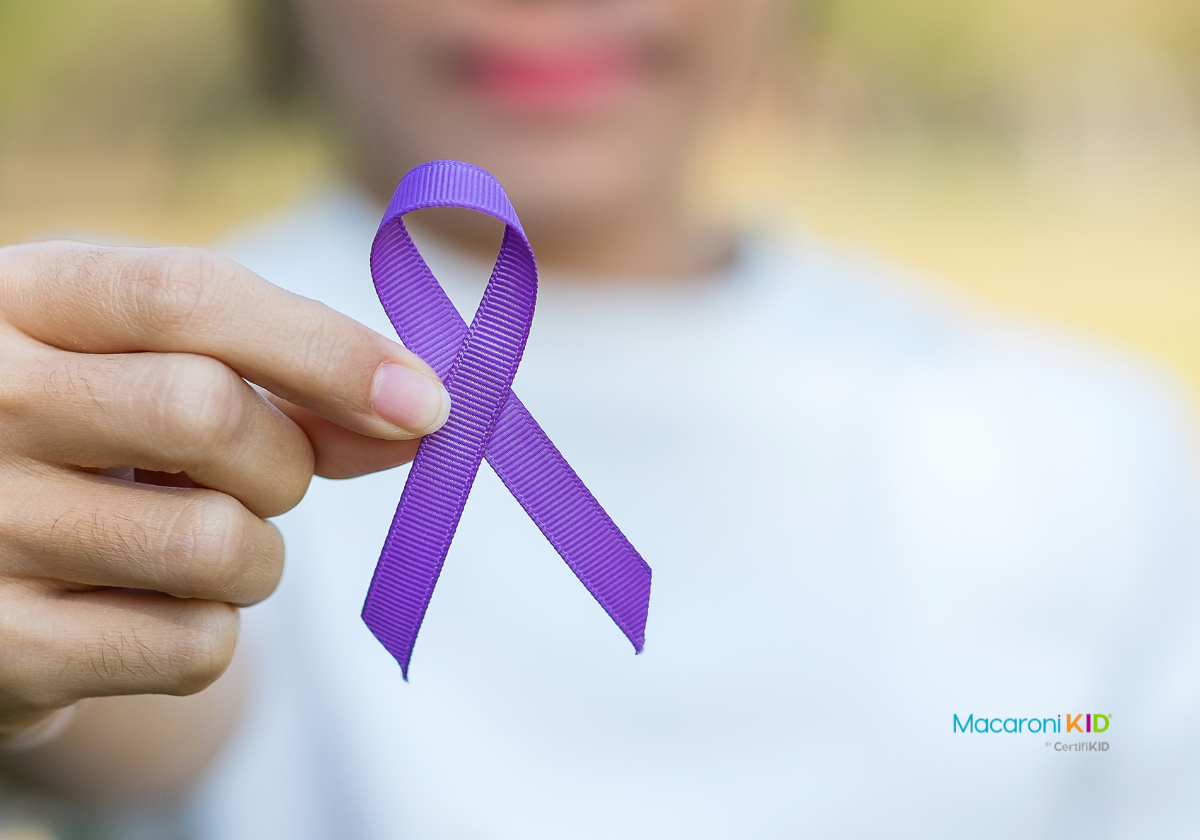Domestic abuse is a devastating and all too common reality for too many people.
The impact of domestic violence knows no bounds. It transcends socioeconomic status, affecting individuals from all walks of life on the North Shore and beyond.
Even if you haven't personally experienced it, chances are someone you know on the North Shore has felt the suffocating grip of abuse and silently endured the pain.
What to do when you suspect abuse
If you suspect someone you know is a victim of abuse, the first step is to believe them.
Domestic abusers don't always fit the stereotypical image of an aggressor. Some abusers are charming and manipulative, and it can be difficult for the victim to speak out due to fear of not being believed. Even when there's physical evidence, such as bruises or broken bones, the victim may find themselves making excuses, trapped in a cycle of denial. Victims of abuse can start to believe the lies and threats their abusers tell them, which makes it even harder to leave the situation.
Leaving an abusive relationship is far from a straightforward process and can often be dangerous, as the abuser may try to stalk or attack the victim. Understanding that these situations are rarely black and white is essential.
Understanding what domestic abuse is, and how it escalates
Domestic abuse is not limited to physical signs such as bruises, black eyes, or broken bones. Verbal and psychological abuse, financial abuse, sexual abuse, stalking, humiliation, manipulation, threatening, destroying someone's property, or isolation are all forms of abuse.
It's crucial to realize that abusive relationships tend to escalate over time. What begins as verbal and emotional abuse can turn into physical violence, such as throwing objects or damaging personal property. While every situation is unique, it's important to seek help if you're experiencing any level of abuse.
Reach out for support
If you are experiencing domestic violence, know you are not alone. Here are resources on the North Shore to help you navigate leaving an abusive relationship, rebuild your life, and stay safe.
Salem, MA 978-744-8552
Gloucester, MA 978-744-8552
Lynn, MA 781-592-9900
For 24-hour support, call our hotline at: 1-800-547-1649
Intimate Partner Abuse Education Program
370 Merrimack Street
Floor 3N
Lawrence, MA 01843
(978) 989-0607
Children’s Safety Program
280 Merrimack Street
Suite 300
Lawrence, MA 01843
(978) 989-9361
Survivor Services
Youth Empowerment Services
5 Market Square
Suite 109
Amesbury, MA 01913
(978) 834-9710
889 Harrison Avenue
Boston, MA 02118
Directions
P: 617.442.9322
F: 617.442.7825
Email Rosie's Place
National Domestic Violence Hotline: 1-800-799-SAFE (7233); thehotline.org
 Panuwat Dangsungnoen | Canva |
It's important to acknowledge that leaving an abusive relationship is a complex and challenging decision, as the abuser may intensify their behavior when faced with the possibility of separation, and the reasons someone stays are often multifaceted. Every circumstance is unique. But always remember, you are not alone. There are caring people and organizations on the North Shore ready to provide support and assistance.💜
A version of this article was originally published by Brittany Marsh, publisher of Macaroni KID Gardner-Spring Hill-Paola and Macaroni KID SE Kansas City.



